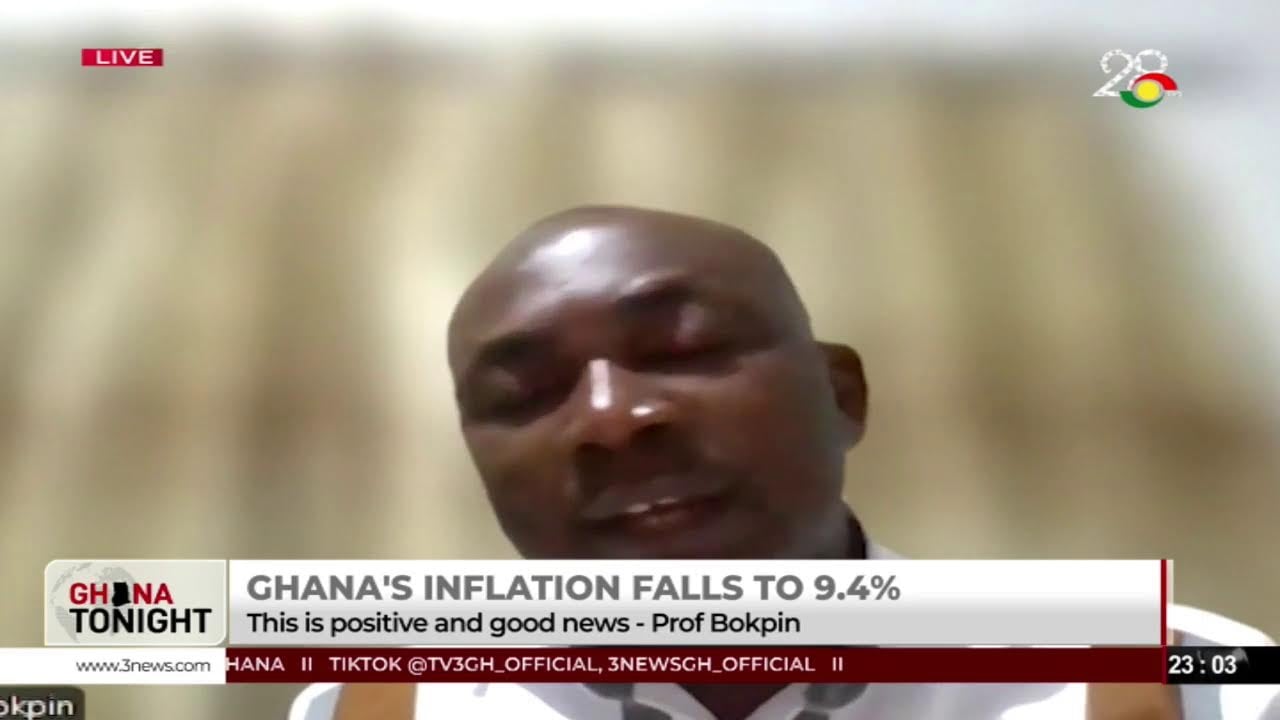
A month ago, The Chronicle lauded the bold and decisive action taken by the Accra Metropolitan Assembly (AMA), under the leadership of Mayor Michael Allotey, to rid the city of Illegal Street trading, particularly in congested areas such as Okaishie, Circle and Kaneshie. At the time, we praised the move as necessary, timely and strategic, especially considering the increasing chaos on our roads and pavements.
Today, we return to this subject to commend the AMA for something even more extraordinary, which is the sustenance of the decongestion action. For the first time in a long while, it appears that Accra’s decongestion exercise has not been reduced to a one-off media event.
One month on, the pavements and roads are still cleared. The return to “factory reset” a sad but familiar cycle where traders flood back into spaces cleared just days before has not happened. This, to us, signals a major shift in both mindset and method.
The Chronicle salutes the AMA for not just talking the talk, but walking the walk. The usual trend following such exercises has been a rapid relapse into disorder, sometimes within days. Traders return, enforcement wanes and the city’s infrastructure descends once again into lawlessness. This time, however, the picture is refreshingly different. There are visible signs that the Assembly has put in place effective monitoring and enforcement mechanisms to maintain the gains made during the initial phase of the operation.
What this demonstrates is that the AMA is not just chasing headlines. It is following through with action and this is precisely why this editorial is important. We believe such sustained efforts deserve not only recognition but also continued public support.
Urban management is not a one-day wonder. It requires consistency, discipline and a coordinated strategy that involves all stakeholders – from the state to traders to transport unions and, crucially the citizens who use these roads and pavements daily.
Mayor Michael Allotey’s approach must be applauded not only for its firmness but also for its foresight. His initial engagement with key stakeholders, including the Ghana Private Road Transport Union (GPRTU), market leaders and security personnel laid a solid foundation for inclusive enforcement. His message that Accra’s streets are not marketplaces was direct and uncompromising, yet the enforcement was carried out in a way that sought to maintain human dignity and respect for livelihoods.
The Chronicle is aware that decongesting Accra is no small feat. It has defeated many before. But this time, there are strong indications that the AMA is committed to long-term change. And that gives us hope. We urge the Assembly to not relent. Now is not the time for complacency. Continuous enforcement, coupled with sustained community engagement, is necessary to prevent a resurgence of the very problems we are trying to solve.
We also call on the AMA to strengthen its support systems for affected traders. Decongestion must go hand-in-hand with relocation and alternative livelihood strategies. Empowering traders with designated spaces that are clean, accessible, and economically viable is key to avoiding future resistance or a boomerang effect.
Furthermore, this success story must not end in Accra. Other assemblies across the country should take a cue from the AMA. The same vision, structure and political will that have yielded results in the capital can be replicated in other urban centres grappling with similar problems.
The Chronicle commends Mayor Allotey and his team for what has been a surprisingly consistent and effective implementation of an initiative that, for once, is not fizzling out after a few days.
A month on, Accra is still decongested and for that, the AMA deserves our collective support. But let us also remember that the journey to a cleaner, safer and more orderly city is a marathon, not a sprint. The real victory lies not in the launch of the exercise but in its permanence and sustainability.
The post Editorial: We Commend AMA For Its Decongestion Consistency appeared first on The Ghanaian Chronicle.
Read Full Story















Facebook
Twitter
Pinterest
Instagram
Google+
YouTube
LinkedIn
RSS